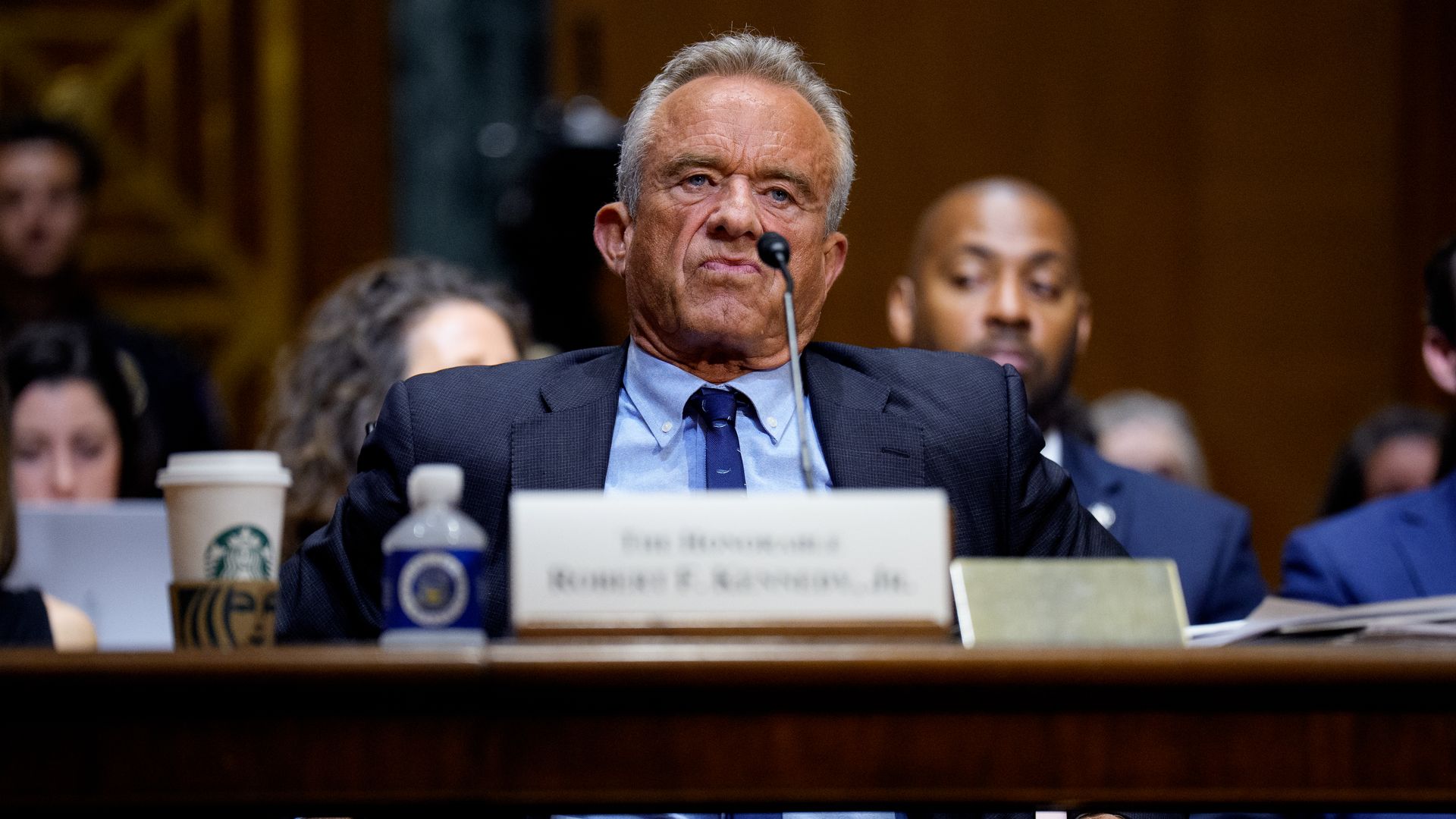|
||
| PRESENTED BY THE HEALTHCARE DISTRIBUTION ALLIANCE | ||
| Axios Vitals | ||
| By Maya Goldman, Peter Sullivan and Tina Reed · Sep 15, 2025 | ||
|
Welcome back, gang. Today's newsletter is 1,065 words or a 4-minute read. |
||
| 1 big thing: New fears about gaps in rural care | ||
| By Maya Goldman | ||

|
||
|
Illustration: Sarah Grillo/Axios |
||
|
A string of rural health clinic closures could be a harbinger of what's to come as medical systems in outlying areas brace for cuts in the Republican budget law and grapple with inflation and workforce issues. The big picture: Some of the latest closures are in anticipation of the nearly $1 trillion reduction in federal Medicaid spending that will in large part hit starting in 2027. State of play: Three health clinics in rural Virginia will be consolidated and patient care moved to other facilities, Augusta Medical Group announced last week, in response to the One Big Beautiful Bill Act.
Zoom out: Nearly 200 rural hospitals have closed or ended inpatient services over the past two decades.
The tax and spending package Congress passed in July is widely expected to add to the financial difficulties in rural areas, where patients are often poorer and older and where there are fewer private coverage options.
|
||
|
|
||
| 2. Cassidy presses RFK Jr. on whooping cough | ||
| By Peter Sullivan | ||

|
||
|
Kennedy at a Senate Finance Committee hearing this month. Photo: Andrew Harnik/Getty Images |
||
|
Senate health committee Chair Bill Cassidy is calling on Health Secretary Robert F. Kennedy Jr. to publicly support the vaccine for whooping cough amid an outbreak in Cassidy's home state of Louisiana. Why it matters: The move is the latest twist in a closely watched relationship.
What they're saying: "We can ensure that no child dies from a vaccine-preventable disease," Cassidy wrote in a letter on Friday to Kennedy.
The big picture: Cassidy wrote that his state is experiencing "the worst pertussis outbreak in 35 years," and that two infants have already died.
What's next: Cassidy will chair a health committee hearing this week at which former CDC director Susan Monarez will make her first public appearance since the Trump administration fired her after a reported dustup with Kennedy. |
||
|
|
||
| 3. CDC to launch study of debunked autism-vax link | ||
| By Maya Goldman | ||

|
||
|
Illustration: Annelise Capossela/Axios |
||
|
The CDC plans to contract with Rensselaer Polytechnic Institute to investigate the debunked idea that vaccines cause autism, according to a notice on a federal contracting website. Why it matters: Several large studies have already disproven the connection. But Kennedy has continued to promote a possible link. Zoom in: The CDC late last week posted a notice of intent to award a sole-source contract to the Troy, New York-based private university and asked for a response by Sept. 26.
What they're saying: Rensselaer Polytechnic appreciates the CDC's plan to award it the grant, a spokesperson told Axios in a statement.
|
||
|
|
||
|
A MESSAGE FROM THE HEALTHCARE DISTRIBUTION ALLIANCE |
||
| Meet the people who power healthcare across America | ||
|
|
||
|
Each day, over 10 million lifesaving medicines and healthcare products are delivered to patients and providers. Here’s how: A vast network of healthcare distributors works around the clock — all while operating on the narrowest profit margins in the industry. |
||
| 4. Care woes for workers with mental health needs | ||
| By Maya Goldman | ||

|
||
|
Illustration: Sarah Grillo/Axios |
||
|
People with mental health needs are twice as likely to report difficulties getting needed care as those without issues, according to a new survey of U.S. adults with workplace coverage shared first with Axios. Why it matters: The findings from the Employee Benefit Research Institute provide more evidence that having health insurance doesn't automatically translate to having access, especially for people with mental health needs. By the numbers: Just over a quarter (27%) of 3,103 respondents surveyed in March and April said they or someone on their health coverage had a mental health condition.
Yes, but: The survey shows that employees with mental health needs tend to be more engaged with their health care than those without. |
||
|
|
||
| 5. While you were weekending | ||

|
||
|
Illustration: Allie Carl/Axios |
||

